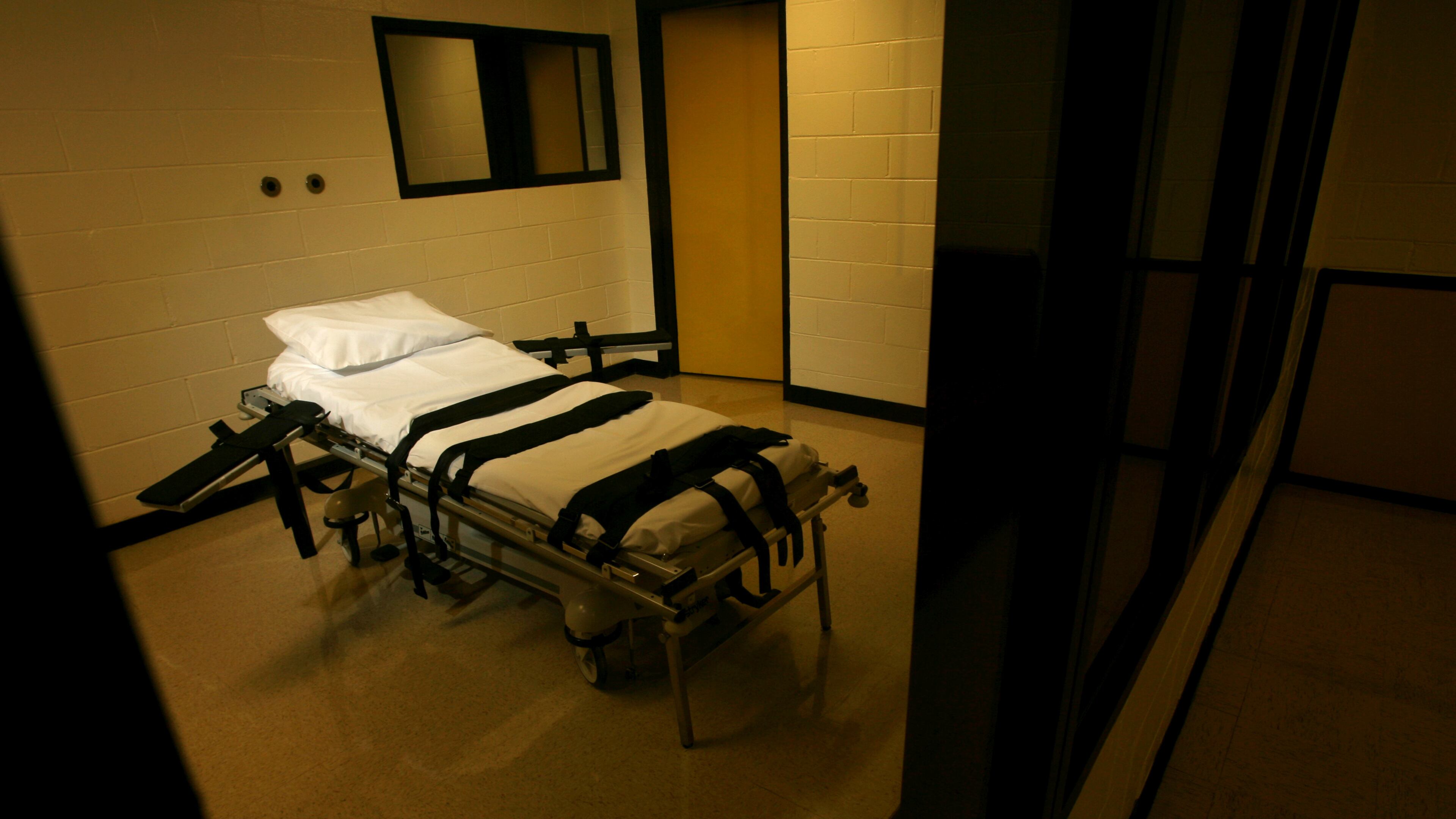Execution set for Tuesday unless U.S. Supreme Court intervenes

Kenneth Fults failed Monday evening to persuade the State Board of Pardons and Paroles to commute his death sentence to life, but he still had an appeal pending before the U.S. Supreme Court as the scheduled time for his lethal injection drew nearer.
In their pleas to the parole board and the nation’s highest court, Fults’ lawyers sought mercy in part because one of the jurors from the sentencing trial referred to Fults years later using a racial epithet.
Fults is scheduled be the fourth man put to death in Georgia this year. He is set to die in a small, cinder-block room at the Georgia Diagnostics and Classification Prison near Jackson at 7 p.m. Tuesday for murdering his 19-year-old next-door neighbor 20 years ago.
Fults pleaded guilty to murdering Cathy Bounds in her home on Jan. 30, 1996, at the end of a weeklong crime spree. He had hoped the racially mixed Spalding County jury would sentence him to life in prison instead of death if he accepted responsibility for killing Bounds and showed remorse.
But the five blacks and seven whites on the jury decided he should die.
The five-member State Board of Pardons and Paroles heard from Fults' lawyers Monday morning, then in the afternoon heard from a former prosecutor and the sitting district attorney for the Griffin Judicial Circuit, who said the 47-year-old Fults should be executed.
The board does not give its reasons when it rejects a condemned killer's clemency petition.
The U.S. Supreme Court is the only hope that remains, as Fults and his legal team have exhausted all avenues in the state courts and federal district court.
In their appeal, filed Friday, Fults’ lawyers asked the high court justices to stop Fults’ execution, at least until they have ruled on a different appeal involving the potentially racist attitudes of jurors who heard a non-capital case out of Colorado.
Fults' lawyers said his case is much like the Colorado case that the justices have scheduled for arguments in the fall.
They also asked the court to consider the affidavit of one of the Fults jurors, Thomas Buffington.
During jury selection, Buffington said it didn’t matter to him that Fults was black and Bounds was white.
But in 2005, an investigator working on Fults’ appeal secured an affidavit from Buffington, who used a racial slur when asked about his vote to sentence Fults to death.
“I don’t know if he (Fults) ever killed anybody, but that (slur) got just what should have happened,” Buffington, now dead, wrote in a statement taken under oath. “Once he pled guilty, I knew I would vote for the death penalty because that’s what that (slur) deserved.”
Various state and federal courts declined to consider evidence of Buffington’s potentially racist leanings because, they wrote, the issue was raised too late in the appeals process.
Fults had committed several burglaries in Griffin to get guns he could use to kill his ex-girlfriend’s new boyfriend when on the morning of Jan. 30, 1996, he broke into Bounds’ trailer. Fults wrapped 6 feet of electrical tape around her eyes, led her into a bedroom and put her face-down on a bed. As she begged for her life, he put a pillow over the back of her head and shot her five times.
The most executions Georgia has carried out in a single year since the death penalty was restored in the 1970s is five — in 2015 and in 1987 — but the state could surpass that this year. Daniel Anthony Lucas is scheduled to die by lethal injection on April 27 for murdering a Jones County father and his two children.


